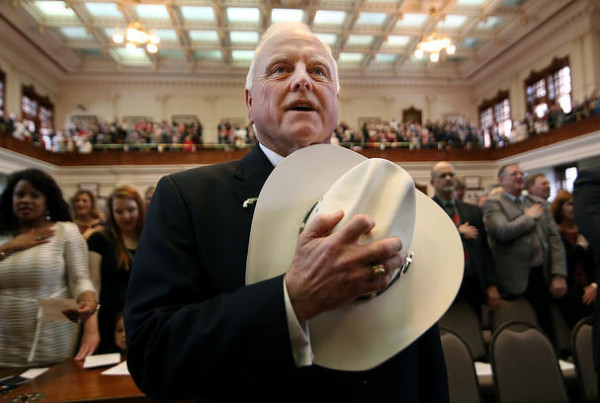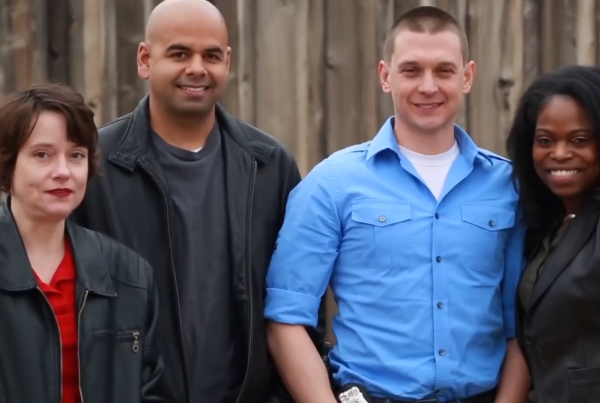Back in 2012, 21CT, an Austin-based software company, won a $20 million no-bid contract with the Texas Health and Human Services Commission. 21CT would help the state detect Medicaid fraud.
That contract was about to be expanded to a $110 million deal until it was abruptly canceled. The issue first came to light when Austin American-Statesman reporter David McSwane reported that the firm was given the contract despite skirting the usual bidding process.
Now, a prominent state lawmaker is calling on the company to reveal its investors. Texas Standard spoke with that state representative, Houston Democrat Garnet Coleman.
Coleman on why a privately held company should reveal its investor list:
“There’s a lot of discussion about other people who may have had conversations with high raking elected officials in state government, or anyone on state government,” Coleman says. “So, if there are other people who have a financial interest, we should know who they are and see to see what kind of contacts they made.”
Shortly after Rep. Coleman issued his public call for 21CT to release its investor list, the company’s CEO, Irene Williams, published this comment on the company’s website:
“I just left my weekly meeting with my senior leadership team. It reminded me how proud I am to be one of a few women in Texas and the United States that is the CEO of a 100% self-funded successful technology company with no outside investors, and even more proud of my 21CT family for forging ahead and continuing to deliver successful results for our many state, federal, and private sector clients.”
Coleman’s response:
“Well the only thing I’d say is, that I take their word for how they are funded. We know in the world that there are such things as silence investors. But what I hope is that all of the rumors and everything are cleared up, so that we can continue to get to the bottom of this.”
What oversight is in place to prevent no-bid contracts?
“The DIR [Department of Information Resources] basically gets the company’s qualifications, and looks at what they do, and what type of space they’re in, and then determines if they’re qualified to provide that service to state, or other cities and counties. In that, this is a professional service and can be done by RFQ [request for quotation], or RFP [request for proposal], and it’s not necessarily a bid. And so the question is, is the amount of dollars and whether that threshold should require a competition of some sort through a request for proposal not just an RFQ?”
Coleman on the continued investigation:
“I don’t think that anybody so far has been said to have committed a crime, or necessarily has done anything unethical. But it’s a problem for state government because what we don’t want to have happen, and I think others don’t want to have happen, is to see someone being able to influence the increase in an already existing contract … There aren’t full answers, but the only way to get them is to ask the questions.”




































